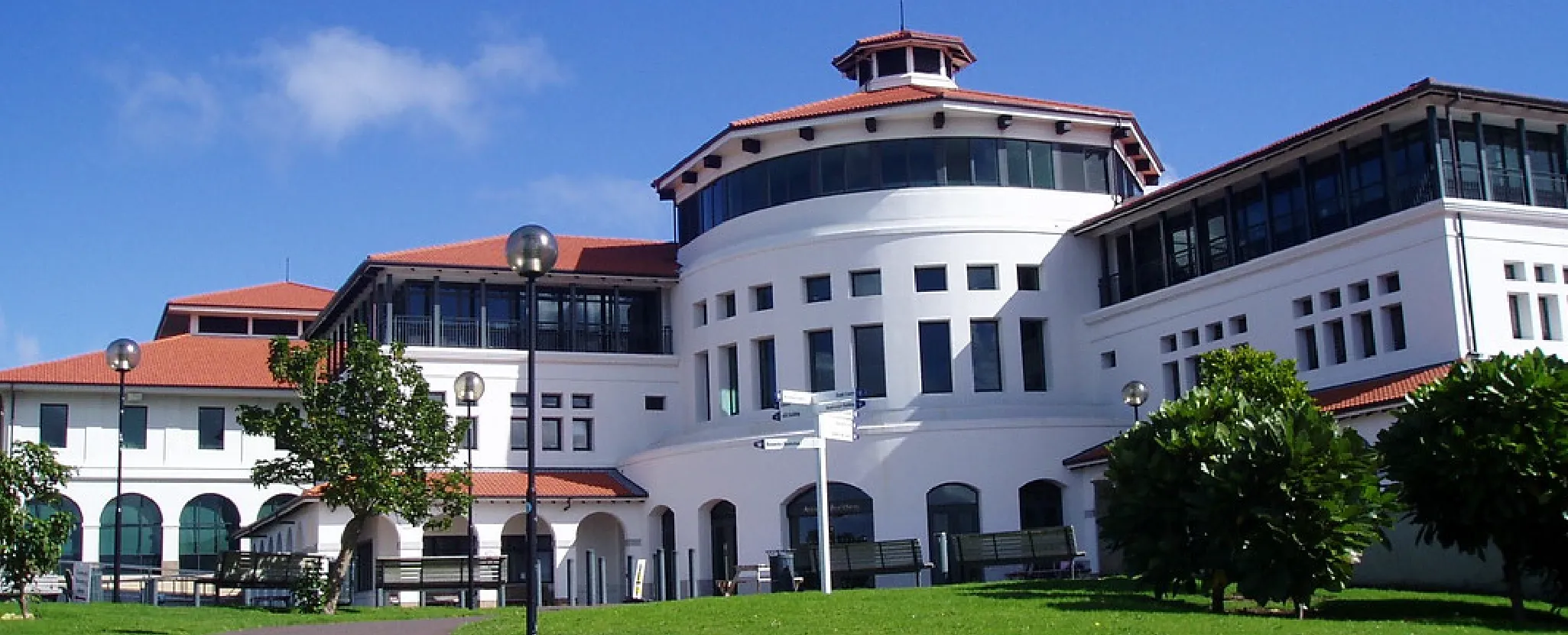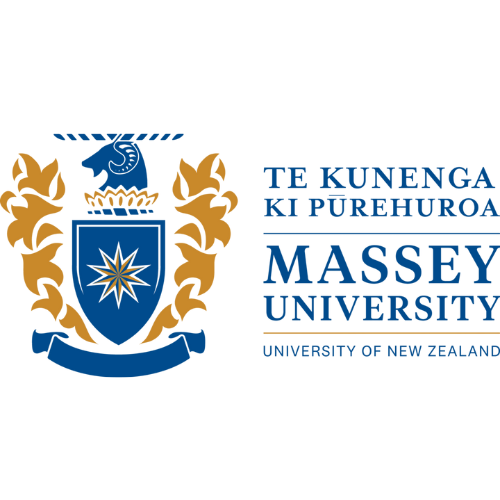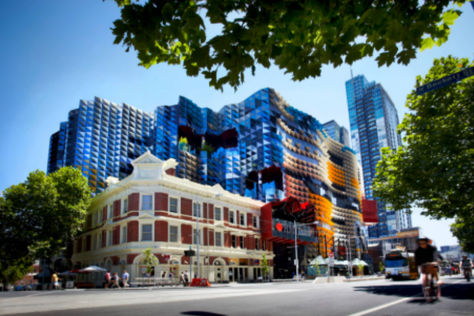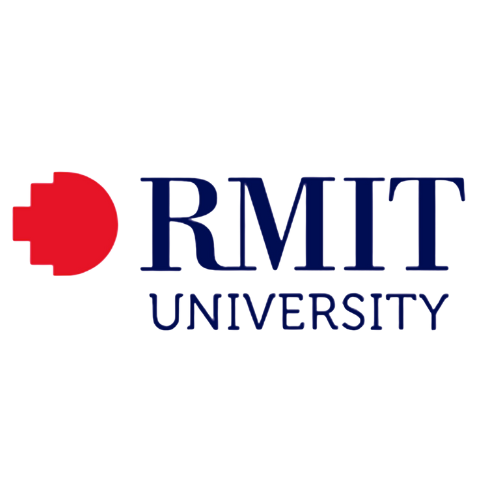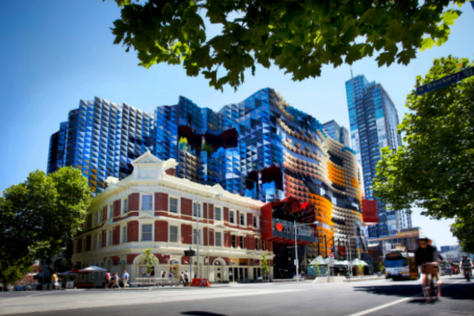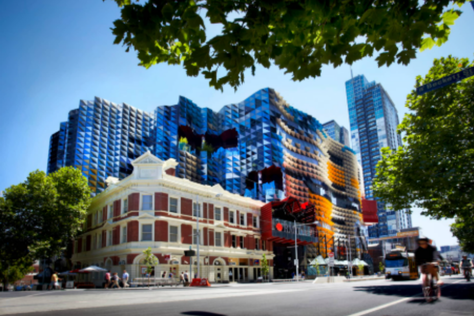About
This course provides students with a range of skills to understand and work with current and future technologies. Students will gain theoretical and practical knowledge of design and programming of industrial automation equipment, along with maintenance and operation - all reflecting the fast development of technology. Specific themes will include: electrical circuits, electrical machines and drives, information technologies, industrial controls and industrial communication, electricity and renewable energy, and microcontrollers. The main courses in the curriculum include Robotic Systems; Renewable Energetics and Energy Efficiency; Microprocessors and Microcontrollers; Programmable Logic Controllers and Industrial Communication; and Electrical Transport Systems.
Apply Now
Klaipeda University
Main campus: Klaipėda, Lithuania2001–2500+
Klaipeda University
Key information
Duration
Full-time
4 years
Start date & application deadlines
Starting Date
April, October
August, January
Language
English
Credits
210 credits
Delivered
On Campus
Campus Location
Klaipėda, Lithuania
Disciplines
Engineering & Technology
Explore more key information Visit programme website
Overview
Students of this Electrical Engineering course from Klaipeda University will gain theoretical and practical knowledge of design and programming of industrial automation equipment, along with maintenance and operation - all reflecting the fast development of technology. Specific themes will include: electrical circuits, electrical machines and drives, information technologies, industrial controls and industrial communication, electricity and renewable energy, and microcontrollers.
Electrical engineers are able to find and create solutions in their engineering work. With an eye on sustainable development and energy efficiency, the use of AI and robotics will help to find solutions to develop more efficient transport and more efficient renewable energy systems.
Programme Structure
Courses included:
- Robotic Systems
- Renewable Energetics and Energy Efficiency
- Microprocessors and Microcontrollers
- Programmable Logic Controllers and Industrial Communication
- Electrical Transport Systems
Academic requirements
Here is grading score requirements for this programme.
English requirements
Tuition Fee
Here’s what we charge for tuition.
The living costs include the total expenses per month, covering accommodation, public transportation, utilities (electricity, internet), books and groceries.
Scholarships Information
Visa information
Student Visas for Lithuania
Are you from Bangladesh? You might need a student visa...
Don’t worry, everything is perfectly fine. We’re here to make your search for the right international degree in Lithuania smoother, simpler, and a lot more enjoyable.
While we’re working on bringing you all the latest updates, you can get a head start and:
Check if you really need a student visa.
Since you’re from Bangladesh and planning to study full-time in Lithuania, yes, you’ll definitely need to apply for a Lithuanian national visa (Visa D) or a temporary residence permit for studies.
Visit the official sources.
Head straight to the Embassy of Lithuania in New Delhi (which handles Bangladeshi applications) or the Migration Department of Lithuania website. That’s where you’ll find the most accurate and up-to-date information.
Watch the deadlines.
Visa and residence permit applications can take several weeks sometimes months. Don’t let a late submission make you miss your semester start date.
Gather your documents.
You’ll need:
-
A valid passport
-
An official letter of acceptance from a Lithuanian higher education institution
-
A completed visa or residence permit application form
-
Proof of financial means to support yourself during your studies
-
Health insurance valid in Lithuania and the Schengen area
-
Passport-sized photos
-
Academic certificates and language test results (like IELTS or TOEFL)
It’s a bit of a paperwork treasure hunt, but every piece counts!
Start saving and planning your finances.
You’ll have to prove that you can cover your tuition fees and living expenses in Lithuania accommodation, food, transport, and yes, maybe a few extra euros for exploring Vilnius or trying out local cepelinai (Lithuanian dumplings).
Polish your English skills.
Most Lithuanian universities offer English-taught programs, so strong English proficiency will help you both with your visa process and your studies.
All in all, applying for your Lithuanian student visa might feel like a lot at first, but it’s your first step toward an amazing European adventure full of learning, culture, and new opportunities.
Good luck!
Work Permit
Work while studying in Lithuania
If you’re from Bangladesh, you will need a Lithuanian national visa (Visa D) or a temporary residence permit that allows you to study and work in Lithuania.
Here you can see the rules for combining part-time work with your studies.
How can I apply?At local authorities |
Application requirements
|

Duration of work authorizationYour right to work remains valid for the same duration as your residence permit and is directly linked to your studies. |
Max. hours of work per week Up to 40 hours per week (full-time) Lithuanian law allows full-time students from non-EU countries to work without special limits, provided they continue their studies. |
Required documentsYou don’t need a separate work permit, but you should always have the following ready if requested by authorities or your employer:
|
